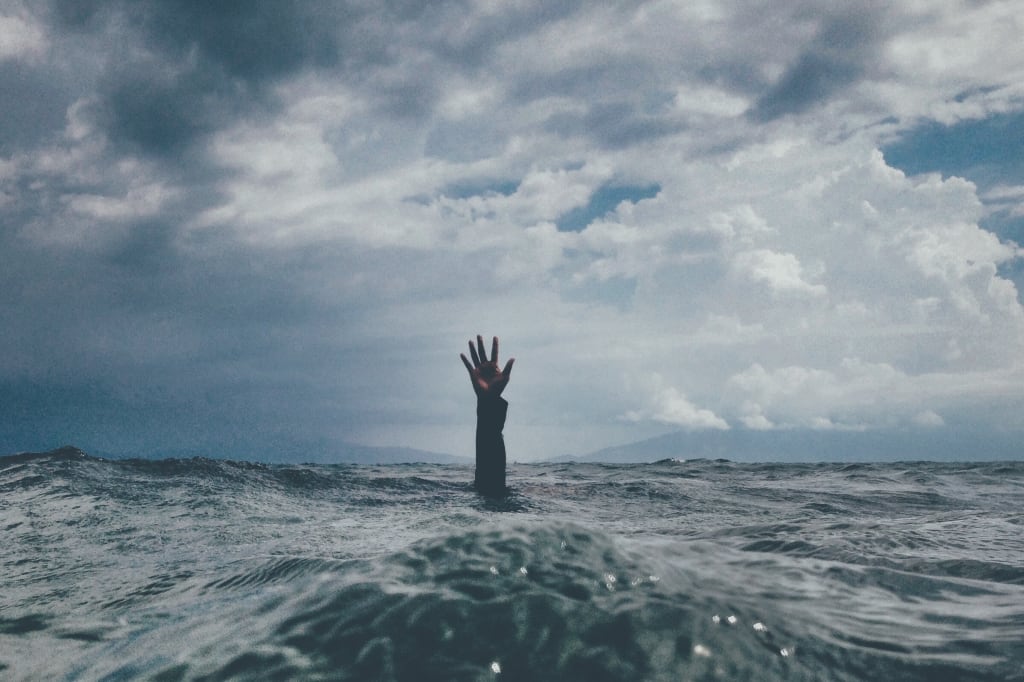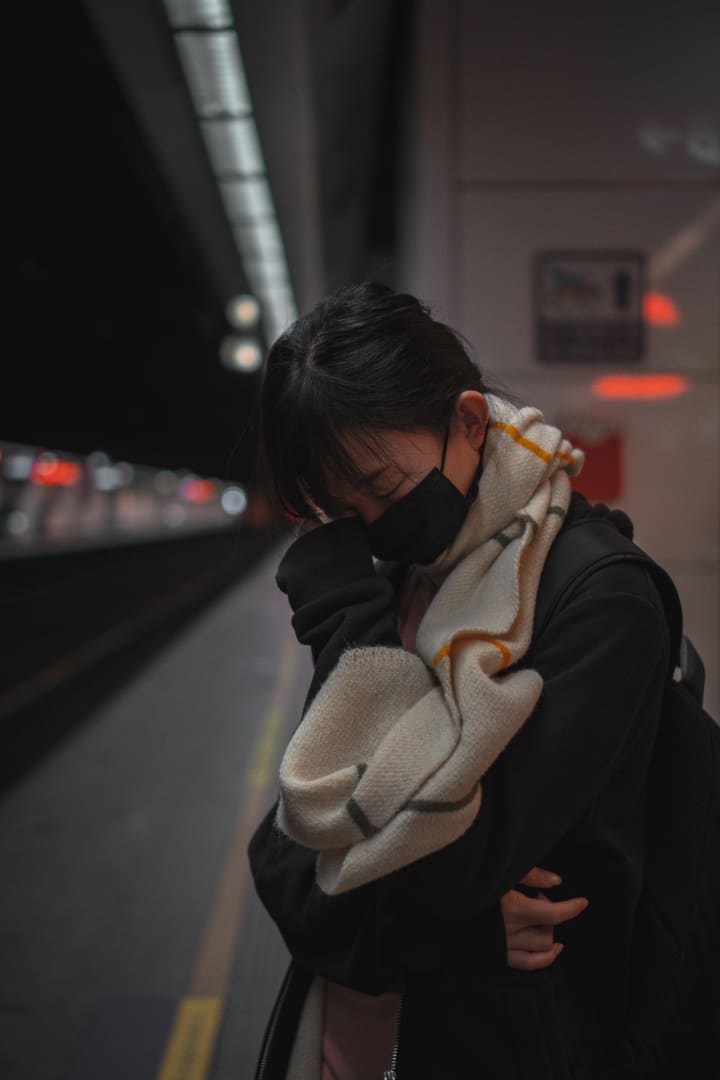Nostophobia - Home is not always a warm shelter
Many people choose a nomadic lifestyle, moving to new places before their attachments grow. This is an effort to eliminate ideas of 'home', even having to cut ties with family.

1. What is Nostophobia?
Nostophobia, or the fear of home, is an abnormal state of anxiety related to experiences and memories associated with a home that one has a strong emotional attachment to.
People with nostophobia feel safer living independently or with strangers. Many choose a nomadic lifestyle, moving to new places before their attachment to a home grows. This is an effort to remove the notions of "home", even to the point of severing ties with family.
At a severe level, the fear can spread into a full-blown panic attack. Symptoms such as rapid heartbeat, shortness of breath, high blood pressure, tension, shaking, and sweating can send someone to the hospital.
Nostophobia can be a short-term phenomenon. In the long term, it can develop into obsessive-compulsive disorder (OCD) and depression.
2. Origin of nostophobia
Derived from the Greek word "phobos," meaning excessive, irrational fear of a specific object or situation, "phobia" is a commonly used term to describe such fears.
The prefix "nosto" specifies that the fear is related to returning home or related thoughts. Both of these elements have been used since ancient Greek times in literary works.
Combined, nostophobia is the opposite of "nostalgia" - a positive longing or emotion associated with reminiscing about home.

3. Why is nostophobia common?
Nostophobia is often found in wounded soldiers after they are discharged from the military. The fear stems from the belief that their loved ones may lack empathy or understanding, causing them to worry.
A study in the Netherlands also found that the amygdala in the brains of soldiers tends to be more sensitive after returning from the battlefield. They tend to perceive things that were once normal in life as threats.
The same can happen to expatriates. It is not easy to reintegrate and narrow cultural gaps when returning home for career opportunities.
Similarly, experiences of violence, theft, or accidents in one's own home can also lead to post-traumatic stress disorder (PTSD).
Leaving home is seen as an escapism mechanism from environmental stimuli. People with this fear also tend to avoid long-term relationships, settling down, and starting a family.
According to the biological model, a specific fear often stems from inherited genes. People with a family history of anxiety disorders are more likely to develop nostophobia than those who do not.
More generally, many researchers explain nostophobia using the diathesis-stress model. Specifically, the syndrome is the result of an interaction between innate genes, physiology, and stress in life.
In addition, those with ecophobia (fear of environmental factors in the home) or domatophobia (fear of being in the home) are also likely to develop nostophobia.
Currently, there are no specific treatments for this syndrome, and most treatments focus on reducing anxiety. Below are some methods that may be effective if you suffer from nostophobia:
- Cognitive behavioral therapy: helps you analyze, understand the underlying causes, and provides exercises to adjust negative thinking patterns.
- Exposure therapy: helps you gradually become accustomed to the fear in a safe environment, to realize that it is not as bad as you think.
- Yoga/Meditation: helps you relax, redirect your mind away from the stimuli that trigger your fear.

For those with nostophobia, it's important to remember that home is not always a physical place. Home can be a feeling of safety and security that we carry with us wherever we go. By working with a therapist and developing coping strategies, those with nostophobia can learn to feel safe and secure in any environment.
About the Creator
Dean Nguyen
I'm passionate about writing. While I lack experience, I'm eager to learn and improve. Looking forward to sharing my writing.
My region does not support Stripe payments, you can donate to me via Paypal: [email protected]
Thank you so much.






Comments
There are no comments for this story
Be the first to respond and start the conversation.